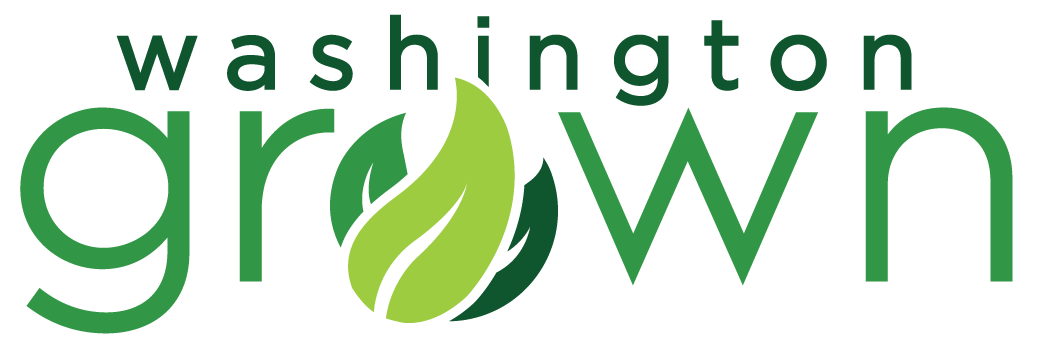The World Needs Washington
Washington’s natural bounty helps to alleviate food insecurity all around the world.

You dance through the produce section, picking up crisp apples, huge potatoes, plump cherries, colorful asparagus, savory onions, and fragrant pears. Where did these come from? Not surprisingly, everything in your cart was grown in Washington. In the refrigerated section around the corner, the freshest seafood stays cold next to thick cuts of marbled beef and abundant dairy products. You check the labels: Washington, Washington, Washington. The cake from the bakery? Made with wheat grown in Washington. Snag a six-pack of beer made from Washington hops or grab a bottle of wine on your way out – just make sure it’s from Washington.
If you’re accustomed to grocery shopping in Washington, this scenario is not unusual; after all, Washington is one of the most productive agricultural hotspots in the entire world, with an incredibly wide variety of crops that flourish here. But if you visit grocery stores in other regions of the world, you will find that it is not, in fact, normal to have so many quality products sourced locally.
On the contrary, around 80% of the world’s countries are dependent on imported foods, and some of Washington’s most significant export markets depend on Washington-grown foods to keep their population fed. Seven of Washington’s largest export markets are in East Asia and Southeast Asia, home to nearly a quarter of the world’s population. In those markets, Washington-grown products are essential for staple foods like noodles, soups, and breads. More than ever before, the world needs what Washington grows.
Luckily for all of us, Washington’s farmers produce more food than we can eat. Like, way more. Consider this: in 2022, Washington wheat farmers harvested 144 million bushels of grain – almost 9 billion pounds – mostly from the stubborn, semidesert land in Eastern Washington that won’t grow much else. After all local markets were fully supplied, farmers still had nearly 130 million bushels of grain left over! Most of that was sold to those export markets in East and Southeast Asia, where it will be used to make noodles, cakes, and dumplings.
The same scenario is true with potatoes. Have you ever pictured what 5 million metric tons of potatoes would look like? Washington farmers grow so many potatoes that we can feed all our local residents and still export nearly 70% of the annual crop to other countries, mostly in the form of frozen french fries. And of course, apples and cherries grow so abundantly in Washington that we can export 30% of them around the world.
Not only do our growers create an abundance of fruits, vegetables, dairy products, and other commodities, Washington is uniquely positioned to “feed the world” due to our incredible transportation system. As soon as foods are harvested throughout the state, they are shipped by truck, train, or Columbia River barge to our coastal ports. Some foods, like cherries, are immediately put in cold storage in order to keep them perfectly fresh even as they travel around the world.
Once those goods reach the coast, they are processed through one of Washington’s 11 deep-draft shipping ports and placed on a container ship that will sail around the Pacific. Sometimes these ships are bound for Thailand, sometimes for Mexico, sometimes for Canada, or the Philippines, or South Korea. This fast and efficient process helps to keep transportation and fuel costs low, so that Washington foods remain affordable for our export partners around the world.
The most obvious reason why this matters is that more than 1 billion people around the world are “food insecure," which is the condition of not having access to sufficient food to meet one’s basic needs. Famines and droughts, climate change, and wars have all contributed to rising commodity prices around the globe, meaning that food costs are rising faster than the inflation rate in many places. Even in the United States, a land of natural abundance and relatively low population density, food insecurity affects more than 40 million people.
The problem of food insecurity is felt much more acutely in places with high population density. It’s simple arithmetic; even the most fertile areas of farmland can only support so many people. In places where that limited agricultural output is divided amongst a large population living together in smaller sections of land, it will be a challenge to produce enough food.
It’s more important than ever that Washington’s farmers share their bounty with the rest of the world. In a time when information and resources transcend borders, the well-being of one community is tied to that of another. As stewards of a huge natural bounty, Washington holds a unique position in addressing food insecurity around the world. The act of exporting surplus crops is not just a transaction of goods, it is a gesture of shared humanity and a commitment to the well-being of the entire world.
